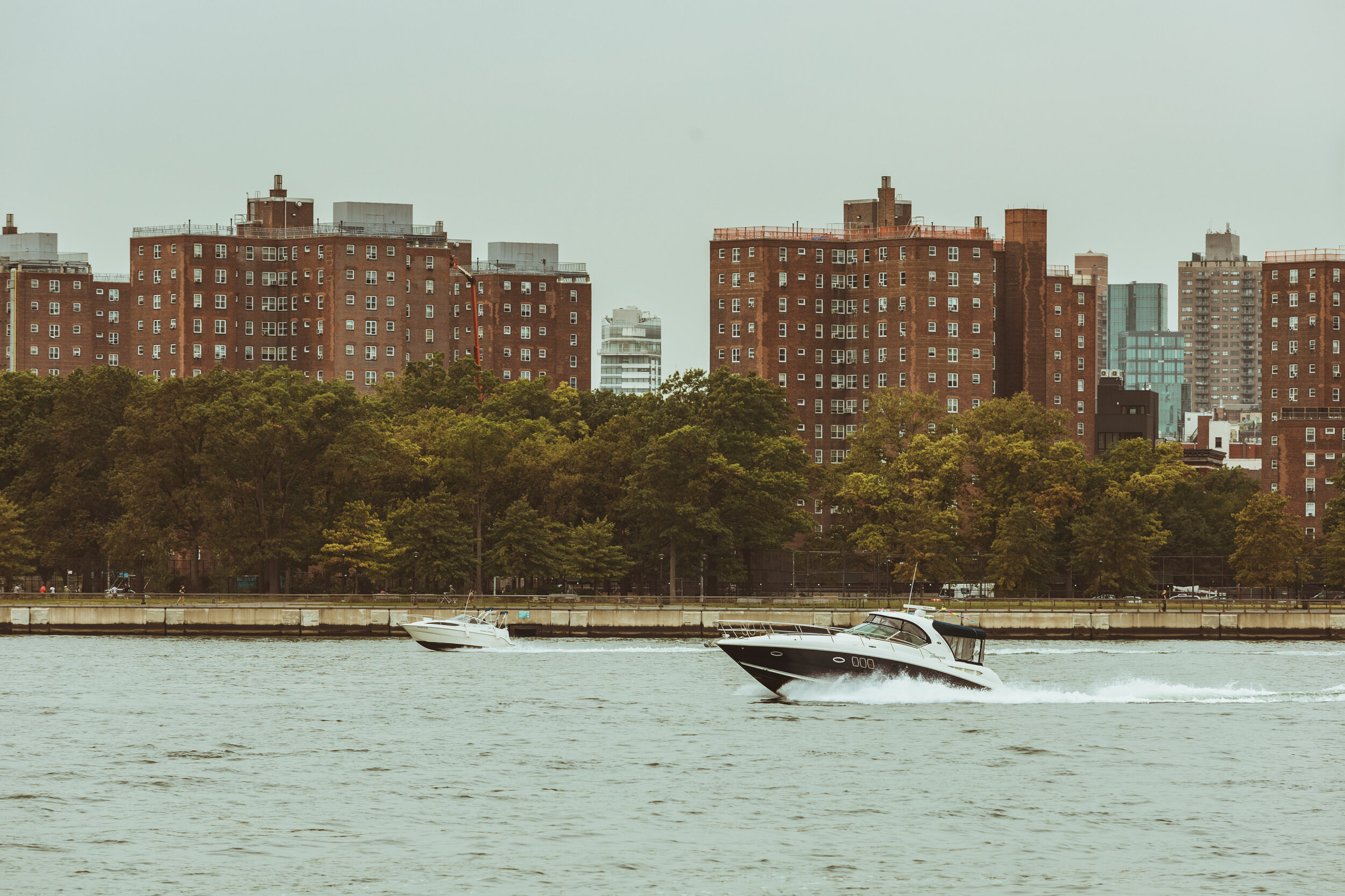The age-old question arises again. Your camera brand of choice just released a new camera. Is it time to upgrade? Should you be content with what you have? Here are some things to consider when thinking about whether you need to upgrade your camera or not.
More Resolution and Frames per Second
When it comes to photography, the two primary stats of a camera that a manufacturer usually says are the resolution of the sensor and how many frames per second the camera can fire at. But you have to ask yourself, do you need more resolution or more frames every second?
In regards to resolution, consider your situation. If you have, say, a 24-megapixel camera and you only shoot events and portraits, you might not need an upgrade in this department as long as your work isn’t incredibly cropped or blown up. On the other hand, if you have a camera that’s around or less than 24 megapixels and you need more resolution for big prints or for extreme crops (like for nature photography), then yes, it makes sense to upgrade your camera for the bump in megapixels. But a bump in megapixels should usually be a bump of 8 megapixels or more. Going from 24mp to 30mp, for example, would not be a very worthy upgrade.
In my own experience, as a person who shoots portraits and performances, my work isn’t really going anywhere that needs some 10-foot long print, so anything around 20 megapixels is perfectly fine for my work. It really depends on the final canvas in which your work will be displayed and if you’re satisfied with the resolution of how you’re viewing the final products.
As for frames per second, it really comes down to the question of whether your camera is shooting fast enough to get what you want. As someone who has cameras that only shoot 5 or 6 frames per second, eventually upgrading to a camera with 12 frames per second makes a lot of sense for the theatre performances and occasional indoor sporting events that I cover. I often find that with a lot of sports, 5 frames per second if often not fast enough for me to get the exact shot I want, so it makes sense to get a new body soon. However, for something like a portrait shoot, 5 fps is perfectly fine. The type of photography you shoot, again, dictates this, and if you simply aren’t getting the motions you want in your shoot, upgrade to a faster camera. But if you are getting the shots you want with the frames per second of your current camera, then an upgrade doesn’t make the most sense at the moment.
Autofocus and Exposure Problems
Another good reason to consider upgrading or not is autofocus. I remember when I first started shooting, I went from an introductory camera with 7 autofocus points to one with 45. And now, I shoot mirrorless, so I can essentially put my autofocus point anywhere.
Anyways, if you’re finding that a lot of your key shots are missing focus and this is costing you otherwise very good photos, it might also be an indication to upgrade. It might also be a wise upgrade into the world of mirrorless due to things like superb subject tracking and even the ability to follow people’s eyes. But keep in mind, problems with autofocus may also be related to your lens, not your body.
If you’re missing the correct exposure often, say, because you shoot on a DSLR, it might also be time for an upgrade, again, to mirrorless as the EVF’s preview is very good at showing you your exposure. This means that you’ll hardly ever miss exposure again.
But at the same time, if your autofocus is hitting often enough to get the shot and you’re pretty good at getting your exposure right, in this department, their may not be much reason to upgrade.
Better Dynamic Range and Lowlight Performance
If your camera sensor, in terms of dynamic range and or lowlight performance, is not performing up to par of what you need, this could also be a superb reason to upgrade.
A good upgrade path in order to increase dynamic range and lowlight performance is to go from APS-C to full-frame where the larger sensor means cleaner images due to the larger area. I find that going from APS-C to full-frame increased my low light performance by an entire stop, which is huge at an ISO higher than say 1600 or 3200.
Dynamic range is also a very good reason to upgrade as well. Even new full-frame cameras have a better dynamic range than older full-frame cameras, so this is not just based on sensor size. Although, a bigger sensor does typically give better DR. If you shoot landscape and you find that your current camera has poor highlight or shadow recovery, then yes, an upgrade to a newer camera is justified. However, for someone like me, who shoots portraits in more or less even lighting, the dynamic range has hardly been a concern for me. If your work is not requiring you to process photos that have harsh shadows and harsh highlights, this reason to upgrade is not really applicable.
Access to Professional Features
Sometimes you upgrade your camera just for more professional features. Maybe the joystick is a convenient tool to have to change focus points. Perhaps a top-down LCD screen for viewing your settings on the go is something you like. Maybe you’re dying for a better battery life. These types of features are usually available on more professionally-oriented cameras, but I typically wouldn’t recommend upgrading based solely on small things like this.
However, if you are upgrading for a professional feature such as dual card slots, I would support upgrading for this alone. I have never had a card fail on me yet, and I sincerely hope it never happens. But especially for client work, having a second card slot is serious peace of mind. While I find the other reasons I mentioned for potentially upgrading as important, getting a new camera body for dual card slots is justifiable in many instances on its own.
Wear and Tear
Finally, if your camera has been around a few years, and it is having issues with its shutter or maybe the rubber areas are falling off, then it might be time to upgrade here.
But Keep in Mind…
Keep in mind that a camera upgrade also doesn’t mean buying the latest and greatest camera out there. It could also mean upgrading to a camera that’s a generation old, for example.
I’ll also add in that if your camera is getting the work done and is getting it done in the quality that you want it, then I would say to reconsider an upgrade. But if you find that your camera tool is limiting you from doing better work or at least better work more often, than an upgrade makes sense. Remember, your camera is a tool, and it won’t magically make your photos spectacular. The point of your gear is to provide you with as little restrictions to your creative flow and expression. You know you have good gear when it allows very little barrier for you to create art. If you feel like your camera body is a barrier, then it may be time for an upgrade.






